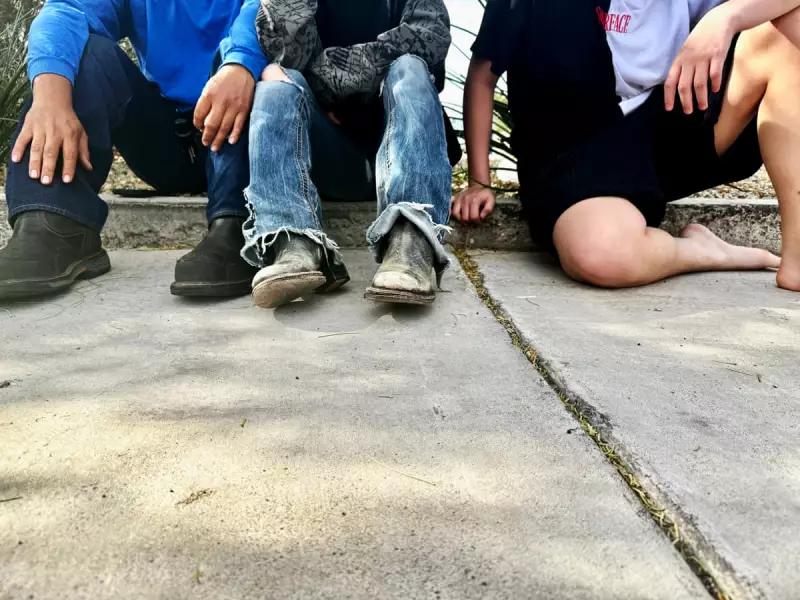
Halloween Food Drive Reveals Deepening Crisis
In the Huntridge neighbourhood of downtown Las Vegas, this year's Halloween brought more than just the usual trick-or-treat candy. Local volunteers distributed bags containing non-perishable meal ingredients alongside sweets, offering six different dinner options including chickpea curry supplies and child-friendly bags with shelf-stable milk, cereals, and cheese.
Adriana Chavez, one of the meal bag volunteers, explained their motivation: "It was important to me to physically pack up food bags and to be in the presence of those who came to get them. I'm not so different than they are. Two months of no income and I might need assistance too." The initiative aimed to support some of the 196,000 Nevadans facing uncertainty about their Supplemental Nutrition Assistance Program benefits.
The Reality Behind the Vegas Glitz
Many children came from the nearby area known as Naked City, once an iconic Vegas neighbourhood now described as crumbled and distressed. Fifteen-year-old Lola* and other local children eagerly collected the meal bags, with one boy named Saul expressing the community's anxiety: "We need this food. My mom doesn't know how she's going to feed my sisters and me if she don't get her stamps."
The volunteers provided reusable shopping bags to help children carry meals half a mile home. Lola's mother, Naomi, 34, works at a convenience store earning above $18 per hour but often doesn't get sufficient hours. Without her car for DoorDash work and receiving less than $800 monthly in EBT benefits for herself and three children, the family faces impossible choices between food and rent.
How Hunger Reshapes Young Brains
Research reveals that food insecurity creates profound changes in developing brains. Studies from South Carolina and the UK show children as young as five understand when food is scarce, leading to feelings of sadness and anxiety that affect cognitive functioning, emotion, and behaviour.
Stanford neuroscientist Robert Sapolsky explains that chronic stress from potential hunger triggers the amygdala differently than acute stress. While our bodies effectively handle short emergencies, prolonged uncertainty about basic needs compromises the prefrontal cortex - the brain region responsible for planning and emotional regulation.
For children and teens with still-developing brains, the consequences are particularly severe. Lola experiences insomnia waiting for her mother to return from night shifts, worrying about robbery or violence at the convenience store. Research in the Journal of Nutrition and Dietetics confirms such children often show hyperactivity, concentration difficulties, higher absenteeism, anxiety, and depression.
As Naomi watches her children play on swings near the Stupak Community Center, the family's situation illustrates how political decisions about SNAP funding directly affect neurological development and life opportunities for vulnerable young people across America.





